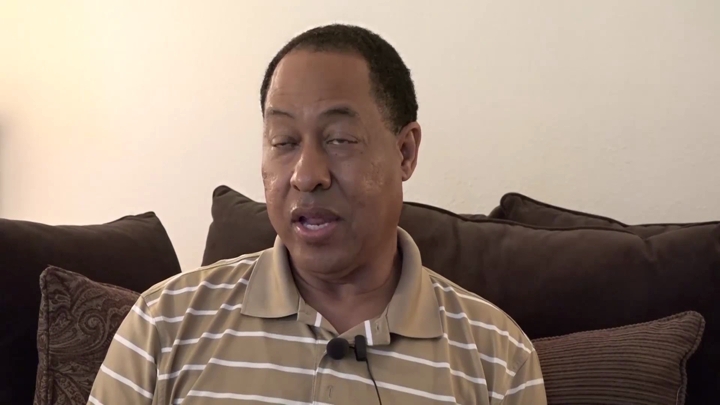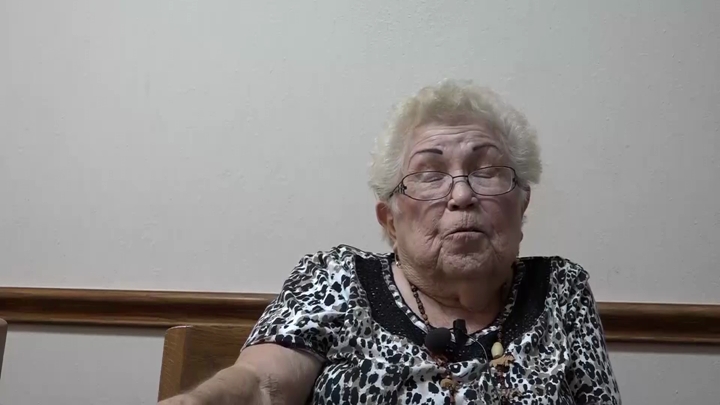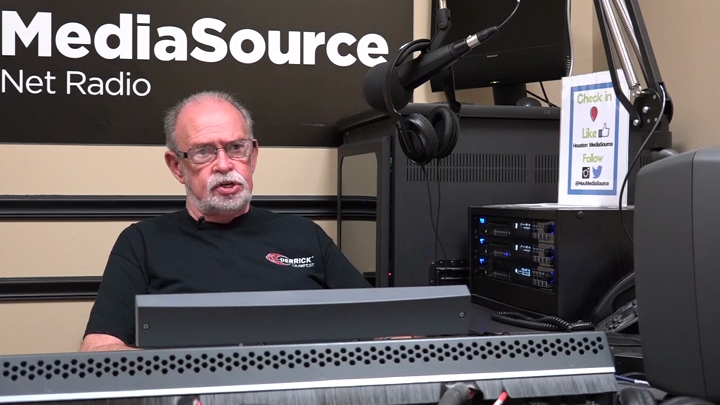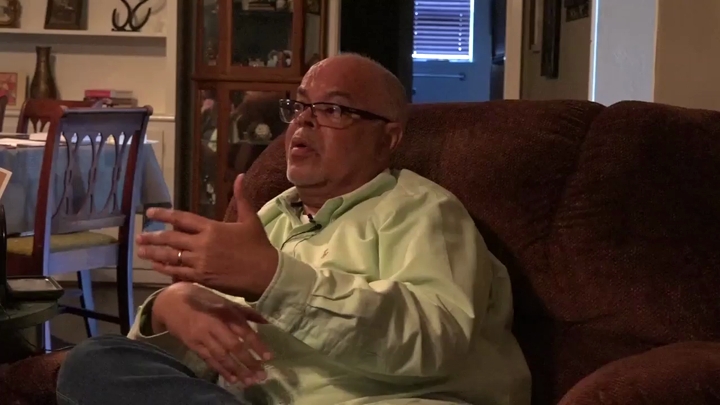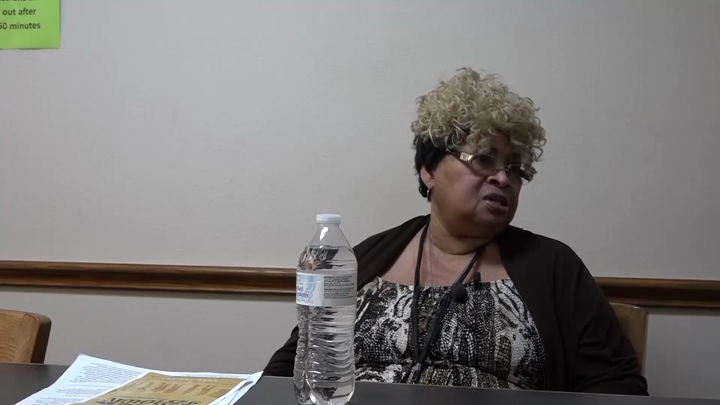Abdullah / Personal and Familial Experiences with Discrimination
sign up or sign in to add/edit transcript
Interviewer: When did you start at SFA? Helena Abdullah: I started the summer of 1968 when I graduated high school. Interviewer: Before then you had not participated in any political activism? Helena Abdullah: It was all about me. Interviewer: It was like a light switch as soon as you went to campus? Helena Abdullah: It was like a switch because I thought about that girl who had flicked the water in my face. She had no right to do that and someone in that class, in that swimming class, because I had been in the Ebony Fashion Fair in Tyler with the (inaudible). One of my favorite teachers in high school, Mrs. Evonne Brown, got me to run for Miss Ebony Fashion Fair. Believe it or not, I came in second. We had sell magazines and everything. We thought that the stipulation was that the ones that Mrs. Brown sold, we could not add those to my total. So, it was based on all the ones that I sold. So, because of that, I didn't win, but if we had known Mrs. Brown's total could have gone to mine, I would have won it. I've got those pictures some place. That was a really nice time too. I loved that. I loved to go to the Ebony Fashion Fairs. They don't have them anymore, but I'm telling you, those were where the most flamboyant, beautiful things that I'd ever seen in my life. The bracelet that I had won was in my bag or whatever I had at school. Someone stole twenty-five dollars out of my purse. A Caucasian, because they had to rummage through my bag that I had my books in. We didn't have totes like these, I just had a bag that it was in and someone went through it and got my money. I told the swim instructor. Of course, what's he going to say, what are you doing with twenty-five dollars. Nothing every came of it. My bracelet was lost too. I don't know what happened with that. That bothered me, and I think, by that time my father had died, listening to my mother and some disparities. She was a nurse at Memorial Hospital. You pick up bits and pieces of things and you have a sense of what's wrong at what's right. Interviewer: Was your mother discriminated against while she worked at the hospital? Helena Abdullah: No, but she talked about the differences. Interviewer: In treatment of blacks? Helena Abdullah: Mother was a very outspoken person and she didn't care who you were either. If something happened like that, she was going to tell you about it. So, she just talked about instances of things going on out there. Interviewer: Do you remember anything that she told you? Helena Abdullah: Oh, goodness gracious. No, I wish I could. Interviewer: Was there separate units for the blacks? Helena Abdullah: There was a separate unit. The blacks were on the bottom floor and the whites were up here. However, by the time mother came out of nursing school—she probably came out of nursing school in 1959 or 1960 so they were working all over the hospital. Still, a lot of blacks were on the ground floor. I don't remember what year they changed that. They remodeled the whole place, and everybody was just throughout the hospital, but you could still go over there, and they'd have a black ward with mostly black women and another ward with mostly black men. Interviewer: So, you started school in 1969? Helena Abdullah: SFA. Nineteen sixty-eight. Interviewer: When you started, how long had SFA been integrated? Helena Abdullah: Actually, my mother put in the first application. She was the first black to apply to SFA when she came from Bishop. Interviewer: Wow. What year was that? Helena Abdullah: I was born. My older brother was born. I was born in 1950. Somewhere in the late 1950s before she went to nursing school. She was the first black to apply out there. Interviewer: What happened to her application? Helena Abdullah: Lost. Interviewer: Wow. Helena Abdullah: Well, what they told her was that the regents, there were three of them overseas on vacation and they'd have to review her application when they came back because they didn't have a quorum. Of course, they never had a quorum as far as she was concerned. Mrs. Helen Wright and Mrs. Willie D. Glass. Mrs. Willie D. Glass was a lady that was very famous in Tyler and Mrs. Helen Wright was the principal here. They pushed mother to put the application in. They were going to pay for her to go because mother had like four or five kids. She just couldn't afford to go to school, but they were going to help pay for it and my grandfather, her dad, was going to help pay for her to go to school. There were some other blacks, but I remember Mrs. Helen Wright and Mrs. Willie D. Glass pushing her to do that. Unfortunately, she was never permitted to go. Now several years after that there was a black student that got it, a man, that got in up there. I don't remember his name. Interviewer: Do you remember how many years before you started that happened? Helena Abdullah: Before I started SFA? When mother put in her application it had to have been in the 1950s. Interviewer: But when the first black student was admitted? Helena Abdullah: Shortly after mother's application. No more than two or three years, so it was before 1964 for sure. It was only one admitted at the time. He wasn't from here. I don't remember exactly where he was from.
| Interview | Interview with Helena Abdullah |
| Subjects | Family |
| Work › Occupations | |
| Race Relations › Black-White Race Relations | |
| Education | |
| Education › Higher Education | |
| Education › Education and Integration | |
| Education › Teachers and Administrators | |
| Medicine and Health › Discrimination in Health Care | |
| Ideology › Integrationism | |
| Ideology › Separatism | |
| Student Activism | |
| Family › Parents | |
| Tags | Bishop College |
| Brown, Yvonne | |
| Ebony Fashion Fair | |
| Glass, Willie D. | |
| Stephen F. Austin State University | |
| Wright, Helen | |
| sign up or sign in to add/edit tags | |
| Interview date | 2016-06-30 |
| Interview source | CRBB Summer 2016 |
| Interviewees | Abdullah, Helena |
| Interviewers | Howard, Jasmin |
| Locations | Tyler, TX |
| Duration | 00:05:53 |
| Citation | "Personal and Familial Experiences with Discrimination," from Helena Abdullah oral history interview with Jasmin Howard, June 30, 2016, Nacogdoches, TX, Civil Rights in Black and Brown Interview Database, https://crbb.tcu.edu/clips/2347/personal-and-familial-experiences-with-discrimination, accessed February 26, 2026 |


